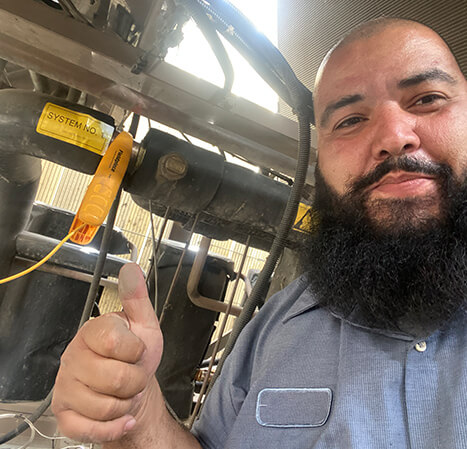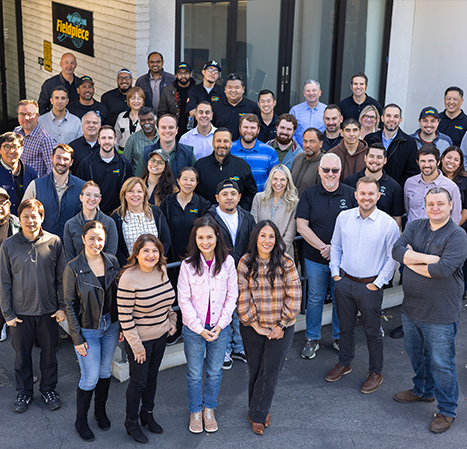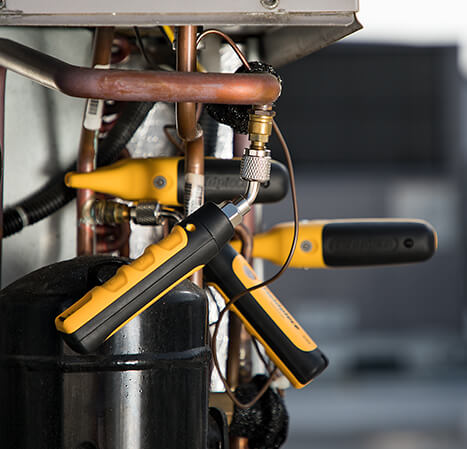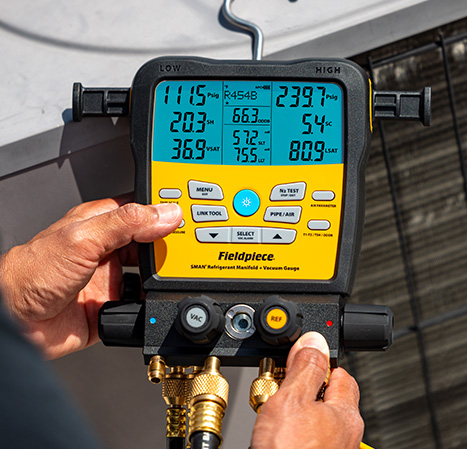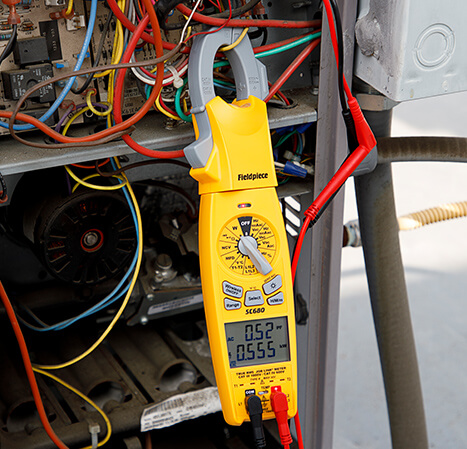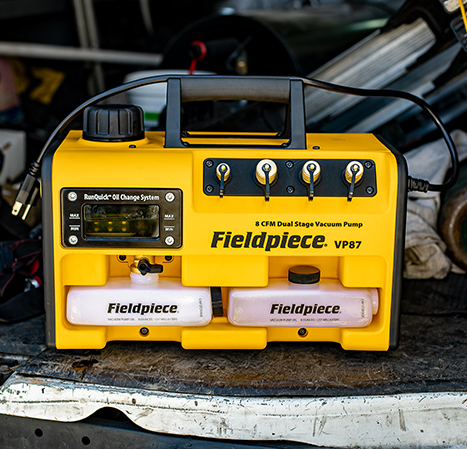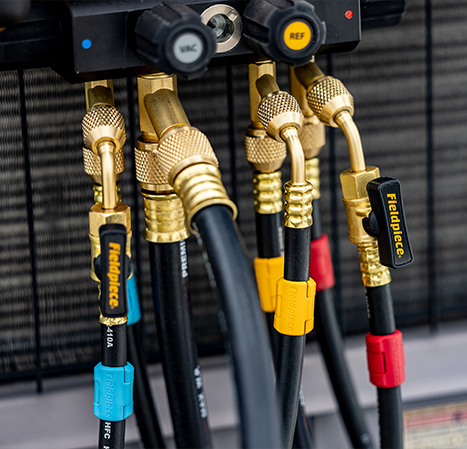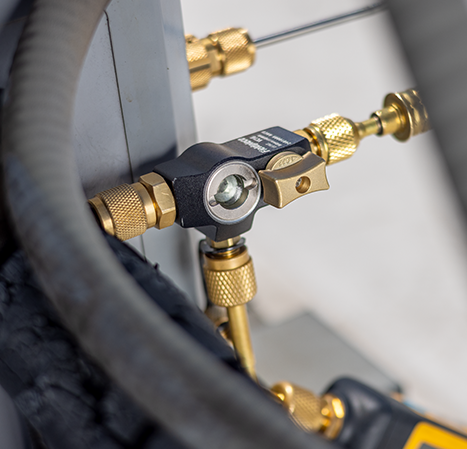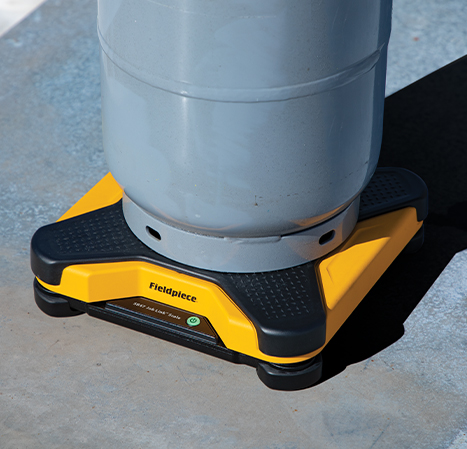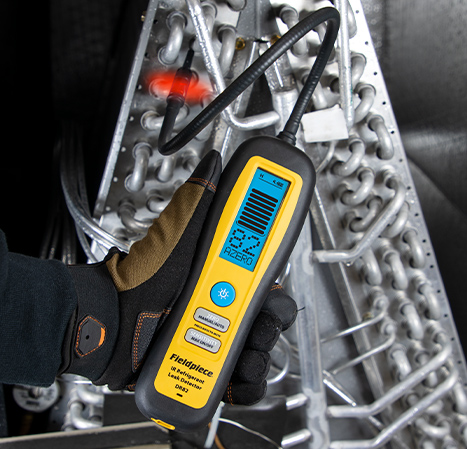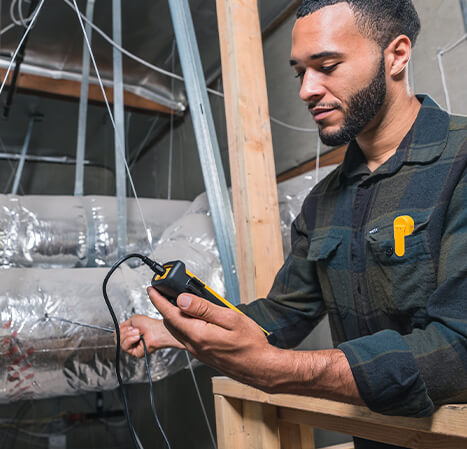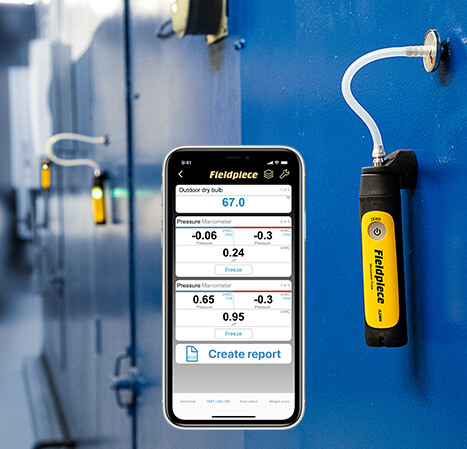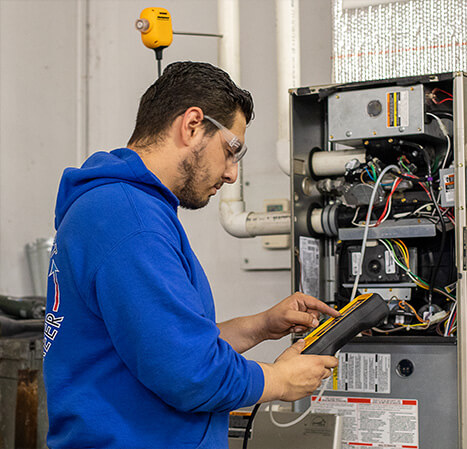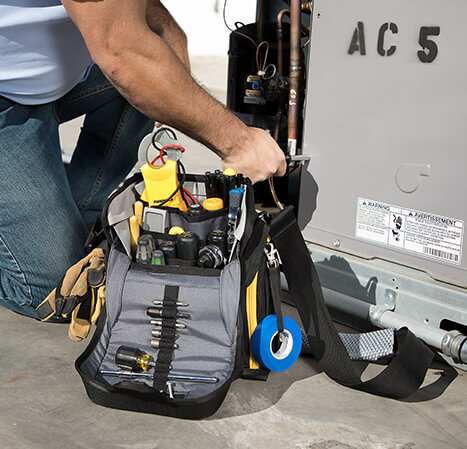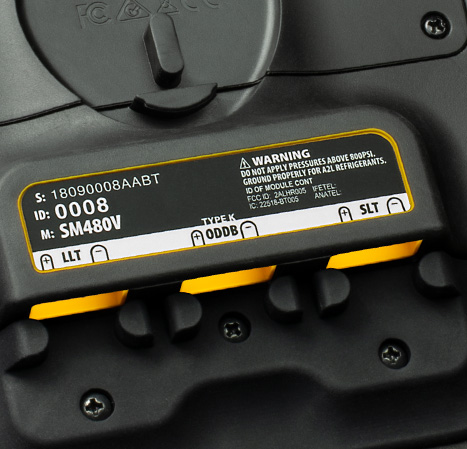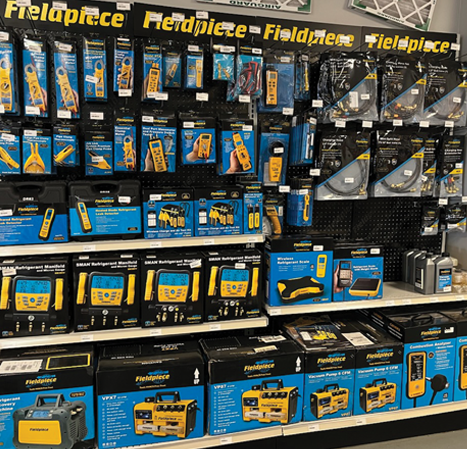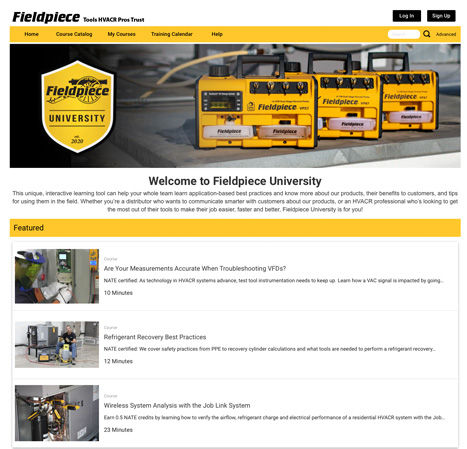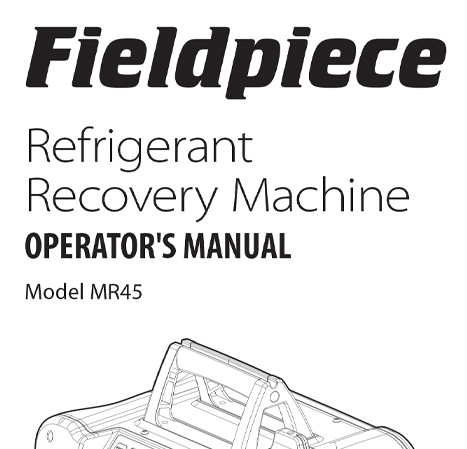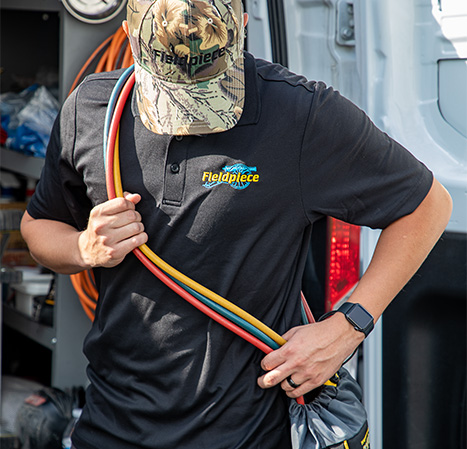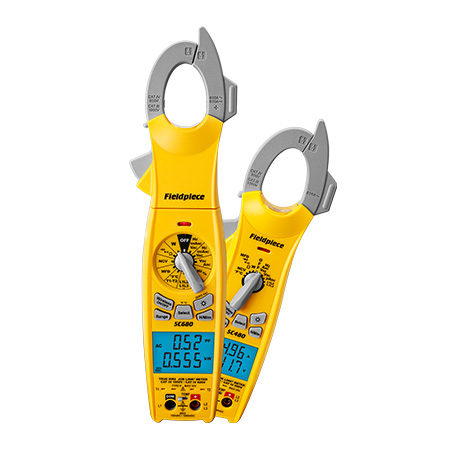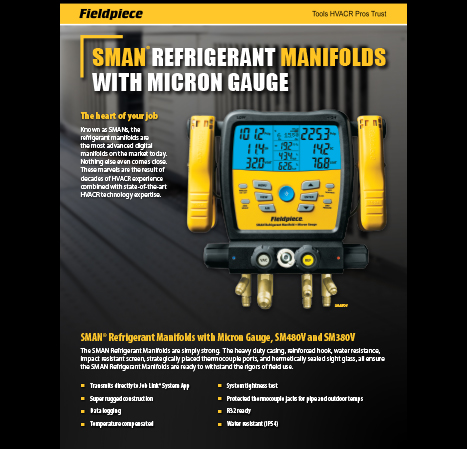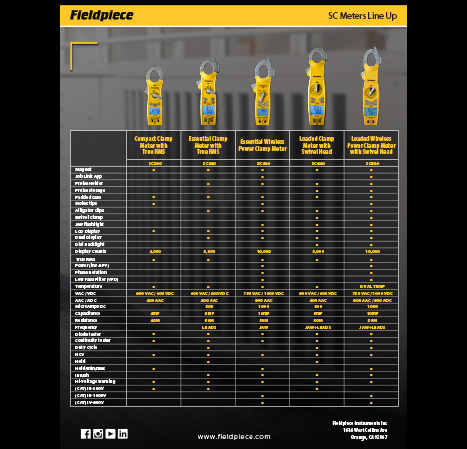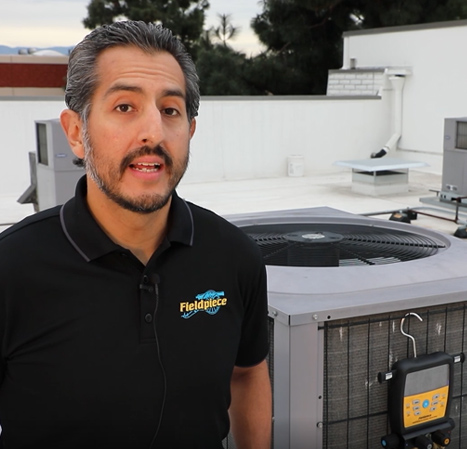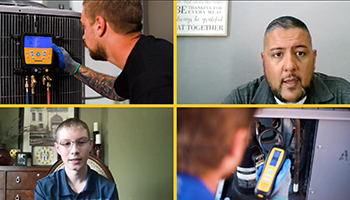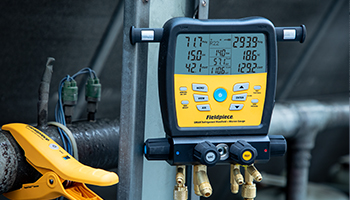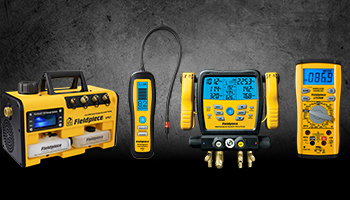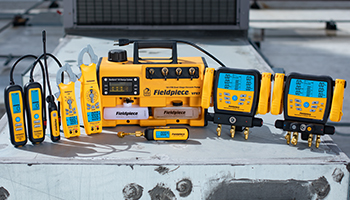ORANGE, Calif. (May 16, 2022) — Fieldpiece Instruments, a proven category leader known for delivering innovative and high-quality HVACR test tools for more than 30 years, has awarded $2,500 #MasteroftheTrade scholarships to 10 SkillsUSA students committed to studying for a fulfilling career in the HVACR industry. The grant awarded by Fieldpiece is intended to support aspiring HVACR techs in their continued education and will be used to pay for college or postsecondary HVACR technology program tuition.
The Fieldpiece #MasteroftheTrade Scholarship, in partnership with SkillsUSA, was designed to support the next generation of up-and-coming HVACR professionals, with a concurrent aim to close the skills gap in the U.S. labor market for the heating, ventilation, air-conditioning and refrigeration trade.
Through the partnership with SkillsUSA, Fieldpiece Instruments aims to give back to the industry as well as do its part to address 80,000 jobs that are currently vacant and in need of being filled. Without HVACR pros energy is wasted, food goes bad and people’s comfort and safety are at stake. HVACR is a stable, great-paying trade that offers freedom, hands-on work and the chance to make a big impact on the environment and the community.
“We thank Fieldpiece Instruments for supporting the HVACR industry and America’s future skilled workforce,” said Chelle Travis, executive director at SkillsUSA. “It is exciting to see these students pursue further education in HVACR. They have demonstrated a true passion for the industry, and we are thrilled they will receive these scholarships.”
SkillsUSA students and recipients of the Fieldpiece #MasteroftheTrade Scholarship are:
Alabama:
Josh Parson, Bevill State Community College, Hamilton Campus
Florida:
Johnny Hammonds, Pinellas Technical College
Florida:
Leslie Plemons, Moore-Norman Technology Center
Maryland:
William “Billy” Coughlin, Career and Technology Center, Maryland
Missouri:
Cole Hamby, Northland Career Center
Ohio:
Becca Thorstad, Hennepin Technical College
Oklahoma:
Josh Parish, Kiamichi Technology Center
Tennessee:
Jack Ely, Tennessee College of Applied Technology, Chattanooga Campus
Texas:
Dave Jentis, Western Technical College
Texas:
Manuel Ramirez, Western Technical College
“Selecting the ten winners was no easy task, as we received many applications from promising, talented and committed individuals,” said Fieldpiece Instruments Director of Marketing, Rachel Newport. “Fieldpiece is proud to support the next generation of HVACR professionals. We congratulate this year’s winners and hope to continue empowering industry professionals by providing scholarships, training resources like our innovative Fieldpiece University program and the most advanced and cutting edge tools available on the market today—developed by HVACR industry pros for HVACR industry pros—to keep them ahead of the curve as masters of their trade.”
About SkillsUSA: SkillsUSA is a nonprofit partnership of education and industry founded in 1965 to strengthen our nation’s skilled workforce. Driven by employer demand, SkillsUSA helps students develop necessary personal and workplace skills along with technical skills grounded in academics. This SkillsUSA Framework empowers every student to succeed at work and in life, while helping to close the skills gap in which millions of positions go unfilled. Through SkillsUSA’s championships program and curricula, employers have long ensured schools are teaching relevant technical skills, and with SkillsUSA’s credentialing process, they can assess how ready potential employees are for the job. SkillsUSA has members nationwide in high schools, colleges and middle schools, covering over 130 trade, technical and skilled service occupations, and is recognized by the U.S. departments of Education and Labor as integral to career and technical education. We have served more than 14 million members since 1965. For more information: www.skillsusa.org.
 English
English French
French Spanish
Spanish

